Our Centers & Institutes

Research at Children’s National is conducted through the Children’s National Research Institute (CNRI), the academic arm of Children’s National Hospital. CNRI conducts and promotes translational and clinical medical research and education programs that lead to improved understanding, prevention, treatment and care of childhood diseases. The institute is divided into specialty research centers:
Center for Cancer and Immunology Research
The Center for Cancer and Immunology Research's mission is to drive groundbreaking basic and clinical research to benefit children with cancer, infection, blood and immune-related disorders.
Visit the Center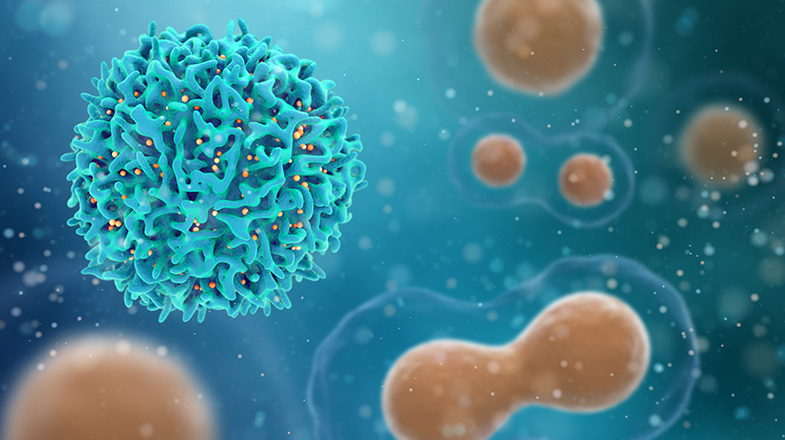
Center for Health Outcomes Research & Delivery Science
The Center for Health Outcomes Research & Delivery Science's mission is to conduct multidisciplinary research that improves child health across the spectrum of clinical care, from the inpatient setting to the community.
Visit the Center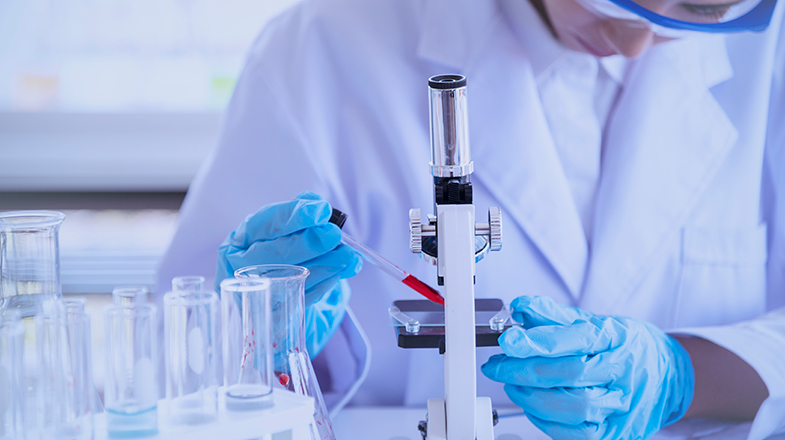
Center for Neuroscience Research
The Center for Neuroscience Research's missions is to understand the development of the central nervous system and the cellular, molecular, synaptic and network mechanisms of brain dysfunction to prevent or treat neurological, developmental and behavioral disorders of childhood.
Visit the Center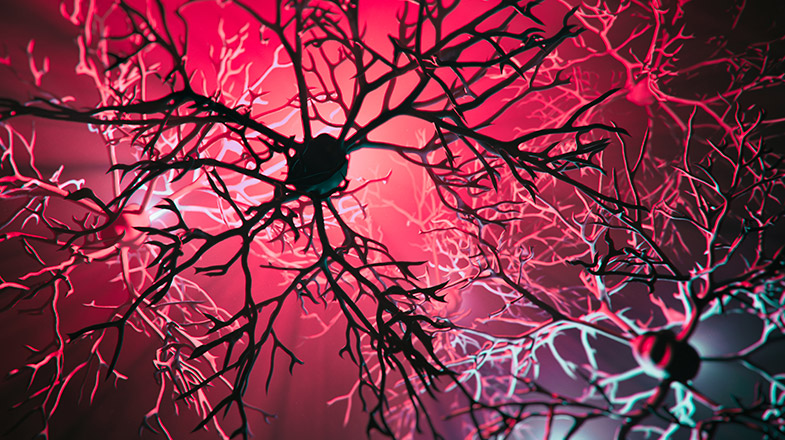
Center for Precision Medicine and Genomics Research
The Center for Precision Medicine and Genomics Research's mission is to understand health and disease as complex interactive processes influenced by genomics and other -omics, and to use this knowledge to precisely restore health and prevent illness in childhood and throughout the lifespan of individuals of diverse backgrounds.
Visit the Center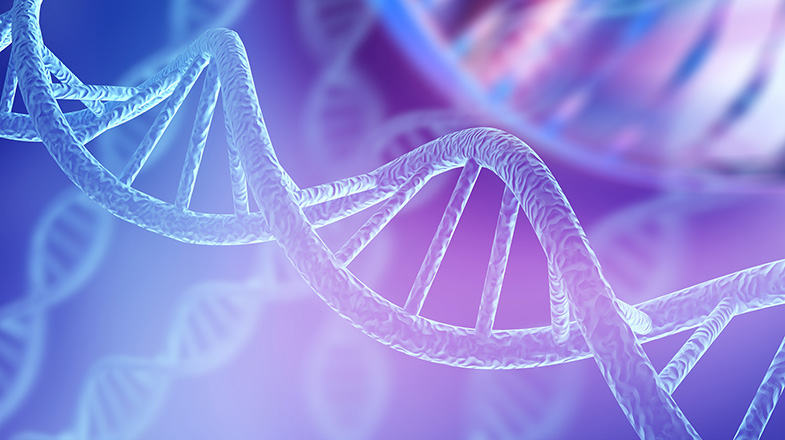
Center for Prenatal, Neonatal and Maternal Health Research
The Center for Prenatal, Neonatal and Maternal Health Research's mission is to promote cross-disciplinary research that focuses on translating discovery of the prenatal-neonatal origins of health and disease into transformative care of the mother-baby dyad through pregnancy and beyond.
Visit the Center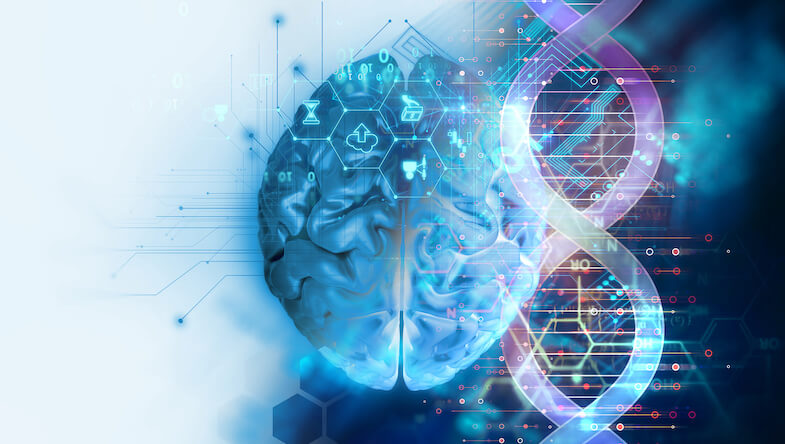
Sheikh Zayed Institute for Pediatric Surgical Innovation
The mission of the Sheikh Zayed Institute for Pediatric Surgical Innovation (SZI) is to make pediatric surgery more precise, less invasive and pain free.
Visit the Institute
Our Institutes
-
Clinical and Translational Science Institute
The CTSI-CN is a partnership between Children’s National Hospital and The George Washington University that offers unique resources in translating discovery to improved health.
-
Rare Disease Institute
The Rare Disease Institute (RDI) is a first-of-its-kind center focused exclusively on advancing the care and treatment of children and adults with rare genetic diseases.
